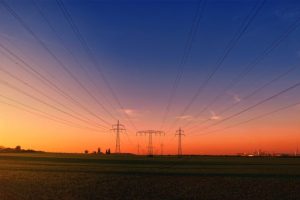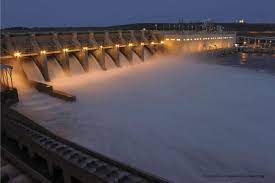About half a dozen of key African countries have opposed Nigeria’s bid to host the African Energy Bank.
The countries include Ghana, South Africa, Egypt, Benin, Ivory Coast, and Algeria, and have mounted a resistance against a decision in favor of Nigeria.
Although stakeholders support Nigeria’s bid considering that there are more than 600 million people in Africa without any access to electricity and some 900 million without access to clean cooking fuels, and many of these are in Nigeria, which is the largest oil producer on the continent.
This makes it a logical candidate for the African energy bank which will have an initial capital of $5 billion.
Despite these considerations, Nigeria is facing monumental opposition from neighbors and other countries to its bid for the headquarters of the Africa Energy Bank, a proposed initiative to support investments in the continent’s hydrocarbon system.
The final decision on the location of the new institution is due to be made by the end of this month and some fierce lobbying has been going on in the run-up to that decision.
The concept of an African energy bank originated with the African Petroleum Producers’ Organization, with help from the African Export-Import Bank.
The new institution is seen as essential for the future of the African energy industry as it is expected to provide financing for projects that international lenders are shunning for reasons related to the energy transition.
That attitude has pitted Africa against the developed world, as the latter tries to convince the former to not develop its significant and as of yet largely untapped oil and gas resources because of the transition.
African leaders, on the other hand, overwhelmingly want to develop those local resources, citing the fact that the developed world became developed thanks to oil and gas and thanks to the wealth those enabled can now afford to transition while Africa cannot.




